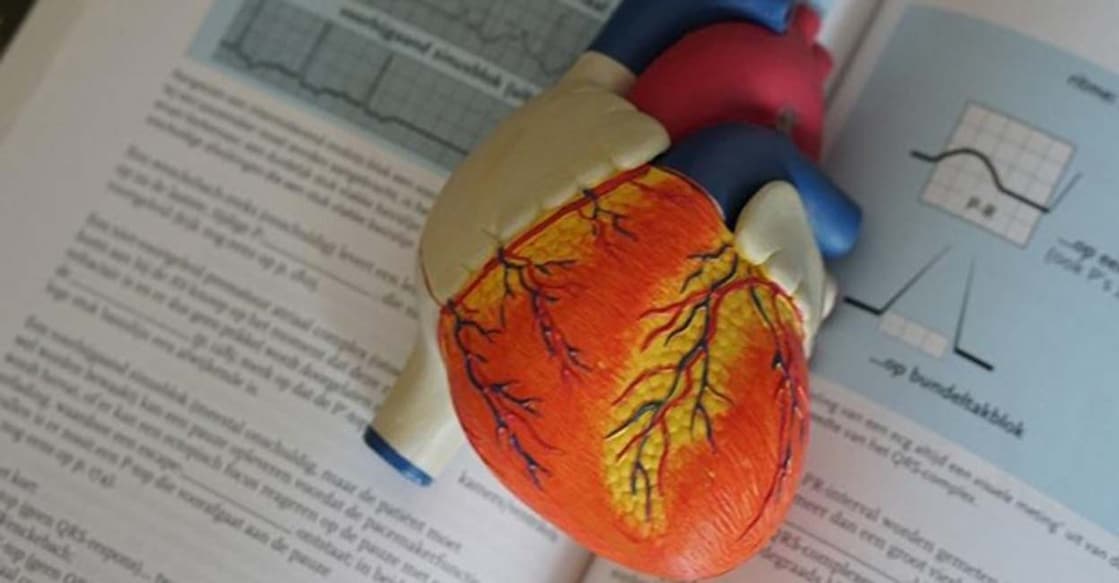How are heatstroke and heart failure linked? Some precautionary measures

Mail This Article
New Delhi: Cases of heart failure, heart attacks, and strokes rise in the hot weather. Even though the monsoon has set off, days of extremely hot conditions are also experienced in between. Heart attacks and strokes occur due to interruptions in the normal flow of blood to the heart or brain-the two most vital organs. According to research, patients with heart diseases may be particularly vulnerable to heat injury. This means that you can be at greater risk if you have a heart condition.
How does hot weather affect the heart and brain?
Exposure to high temperatures can not only increase the risk of heat stroke and heat exhaustion but also put the heart at risk. Heat can put stress on the cardiovascular system, making the heart work harder. Hot weather also means that your whole body has to work harder to keep its core temperature to normal levels. This puts extra strain on your heart, lungs, and kidneys.
In the absence of a quick response to a lower body temperature, heatstroke can cause the brain and other vital organs to swell, possibly resulting in permanent damage. So, heatstroke can be fatal, without prompt and adequate treatment.
Heatstroke symptoms
Heatstroke signs and symptoms may include a high body temperature, altered mental state or behaviour, nausea and vomiting, dizziness, fainting, muscle cramps, shallow and fast breathing, a heat rash, an alteration in sweating, and a headache. In addition, flushed skin, and edema (swelling) in the ankles are also some of the symptoms. The main sign of heatstroke is a core body temperature of 104 F (40 C) or higher, obtained with a rectal thermometer.
Diagnosis
Usually, heatstroke is apparent to the doctors, if you have it, but laboratory tests can also confirm the diagnosis, besides ruling out other causes of your symptoms and assessing organ damage. Diagnostic tests include:
Body temperature: This test is done to check your core body temperature. Rectal temperature is more accurate than mouth or forehead temperatures. It is the most accurate way of determining your core body temperature.
Blood test: This test is done to check your blood kidney function, serum electrolyte levels, and the content of arterial gases in your blood.
Urine test: It is done to check the colour, specific gravity, and microscopic contents of urine, which can be affected by heat stroke.
In addition to these tests, we must perform an ECG and echocardiography to evaluate and diagnose heart failure. Also, CT or MRI of the brain is done if we suspect stroke in any patient, of which MRI is the investigation of choice.
Treatment
Treatment for heatstroke is focused on cooling down your body to regain its normal temperature. This is done to prevent further damage to your heart, brain, and other vital organs. In that direction, your doctor may take the following steps:
» Immerse yourself in cold water
» Use evaporation cooling techniques
» Pack you with ice and cooling blankets
» Give medications to stop your shivering
If you have signs or symptoms of heatstroke, then home treatment isn't enough. You should seek immediate or emergency medical help. However, in case of a lesser heat emergency, such as heat exhaustion or heat cramps, the affected person can get to a shady or air-conditioned place, cool off with damp sheets and a fan, take a cool shower or bath, and rehydrate with fluids and ORS. Make sure you don't drink sugary or alcoholic beverages to rehydrate.
If you think a person might be experiencing heat stroke, take immediate action and get him/her emergency treatment. While waiting for help, you can get the person into the shade or indoors, remove excess clothing, and cool the patient with whatever means are available. The good thing is that heatstroke is predictable and preventable. Those with heart conditions can follow some basic strategies for staying cool, like monitoring weather forecasts, drinking water every 20 minutes when outside, avoiding soda or fruit juice, limiting alcohol, and protecting their skin.

